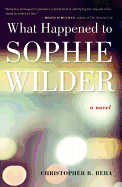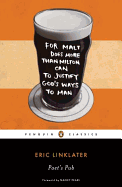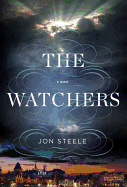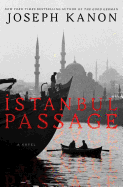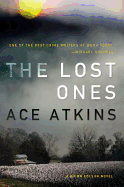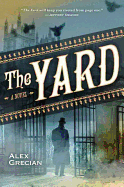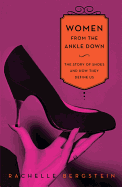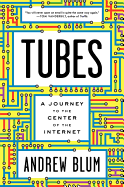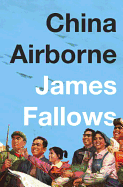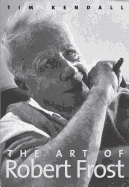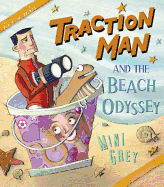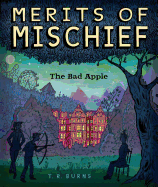Father's Day
Father's Day gift book suggestions are often useful clichés. So we'll go with a few of those, and toss in some outliers, like the hilarious The Household Tips of the Great Writers by Mark Crick (Granta Books, $16.95). You might not be able to put up a garden fence à la Hunter S. Thompson in "The Great Red Porcupine Trapped in the Snake Pit, Narco Guerrilla Gardening" (although the profanity fits the task), but you could make "Lamb with Dill Sauce" à la Raymond Chandler. The recipe starts: "I sipped on my whiskey sour, ground out my cigarette on the chopping board and watched a bug trying to crawl out of the basin. I needed a table at Maxim's, a hundred bucks and a gorgeous blonde; what I had was a leg of lamb and no clues."
Another book of tips comes from Quirk Books: Stuff Every Dad Should Know by Brett Cohen ($9.95). He begins with--surprise!--how to start saving for college, then segues into changing a diaper and ends with meeting your child's in-laws. It's all laid out with common sense and a sense of humor.
How about Does This Baby Make Me Look Straight? (Touchstone, $14.99 trade paper). Dan Bucatinsky's stories of being a gay dad are revealing, heartwarming, comical and universal: What parent hasn't blanched at a child telling him to smell her fingers? "Nothing good ever comes after those words."
After the death of Robert B. Parker, Ace Atkins is continuing the magnificent Spenser series with Robert B. Parker's Lullaby (Putnam, $26.95). Our reviewer said, "Taking on the challenge... is a daunting task. Atkins responds with a knock-out punch in round one. Parker would most definitely approve."
No Father's Day list would be complete without a grilling book, like Grilling Vegan Style by John Schlimm (Da Capo, $20 trade paper). Marinate tofu in brown sugar and bourbon. Grill pineapple, strawberries, peaches, cantaloupe, or zucchini, squash and tofu for "Presto Pesto No-Bake Lasagna." Yum. --Marilyn Dahl, reviews editor, Shelf Awareness



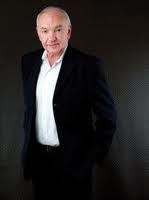
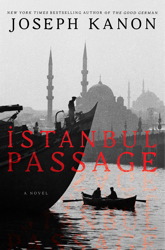 Kanon's interest in Istanbul began when he and his wife, literary agent Robin Straus, vacationed there six years ago. "I wanted to know more and more about it. When I fall in love with a place, I know I'm on my way to a story." What particularly drew his interest was Istanbul's position in World War II--a neutral city between Europe and Asia: "Istanbul was a Casablanca prototype. I asked myself, 'What happens after the singing stops and people leave Rick's Cafe? A lot,' " he said.
Kanon's interest in Istanbul began when he and his wife, literary agent Robin Straus, vacationed there six years ago. "I wanted to know more and more about it. When I fall in love with a place, I know I'm on my way to a story." What particularly drew his interest was Istanbul's position in World War II--a neutral city between Europe and Asia: "Istanbul was a Casablanca prototype. I asked myself, 'What happens after the singing stops and people leave Rick's Cafe? A lot,' " he said.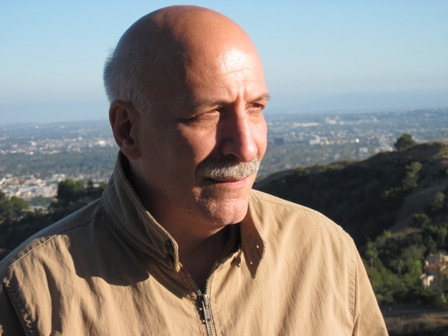
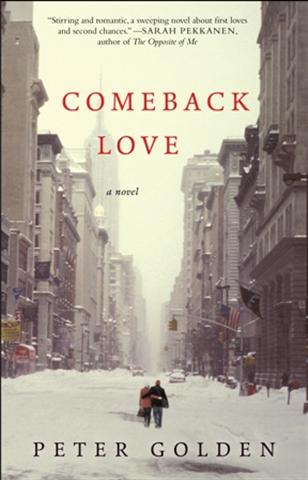 Book you've faked reading:
Book you've faked reading: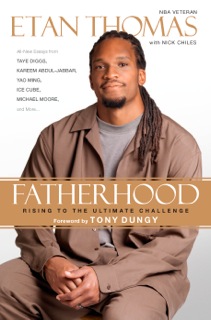 I began my journey to write Fatherhood: Rising to the Ultimate Challenge not because I am a fatherhood expert, but because I believe we can all learn from other people's experiences. That's why I wanted to delve into the complex of emotions and feelings surrounding fatherhood and explore how much we are all deeply affected by our father experiences, whether good or bad. And to take the journey with me, I invited a diverse and impressive cross-section of prominent men from a variety of fields--from sports to politics to music--to offer their advice, share their experiences and tell their stories to the world.
I began my journey to write Fatherhood: Rising to the Ultimate Challenge not because I am a fatherhood expert, but because I believe we can all learn from other people's experiences. That's why I wanted to delve into the complex of emotions and feelings surrounding fatherhood and explore how much we are all deeply affected by our father experiences, whether good or bad. And to take the journey with me, I invited a diverse and impressive cross-section of prominent men from a variety of fields--from sports to politics to music--to offer their advice, share their experiences and tell their stories to the world. 